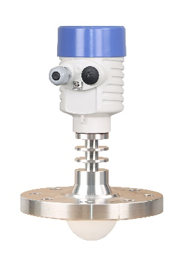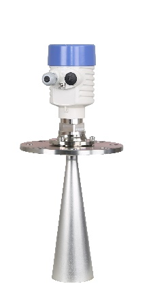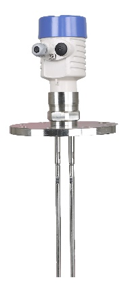Level gauges, or level meters, are critical instruments used to measure the height of liquid or solid materials in various industrial applications. These devices provide real-time data on the level of substances, allowing for precise monitoring and control. Different types of level sensors, such as ultrasonic level transmitters, capacitive level sensors, and radar level sensors, are commonly used based on the specific needs of the application. Let’s explore the diverse applications of level gauges across industries.
1. Oil & Gas Industry
In the oil and gas industry, accurate measurement of liquid levels is crucial for operational safety and efficiency. Magnetic level gauges and differential pressure level transmitters are widely employed in storage tanks and separators to ensure the proper management of oil, gas, and water levels. These devices help monitor tank contents and prevent overfilling, enabling better resource management and safety.
2. Chemical Processing
The chemical industry often requires precise liquid level monitoring in reactors, storage tanks, and pipelines to maintain process stability. Radar level sensors and guided wave radar level sensors are ideal for handling aggressive chemicals or extreme temperatures. These sensors provide non-contact, highly accurate measurements, reducing the risk of contamination and ensuring the consistency of chemical processes.
3. Water and Wastewater Treatment
Float switches and capacitive level sensors are commonly used in water treatment plants to regulate water levels in tanks and reservoirs. These sensors ensure efficient water distribution and treatment processes, helping to prevent flooding or equipment damage. Additionally, these sensors are used to monitor wastewater levels in sewage systems, helping to optimize treatment cycles and avoid overflow situations.
4. Food and Beverage Industry
Accurate liquid level measurement plays a crucial role in maintaining the quality and consistency of food and beverage production. Ultrasonic level transmitters and conductive level sensors are frequently used to monitor the levels of ingredients, such as milk, water, and juices, ensuring proper ingredient blending. They also help in preventing overflows in processing tanks, improving operational efficiency and reducing waste.
5. Pharmaceutical Industry
In pharmaceutical manufacturing, maintaining precise liquid levels is critical for the production of medicines and vaccines. Laser level sensors and capacitive level sensors are used in clean environments, where non-contact and sterile measurements are required. These sensors ensure the exact quantity of ingredients are used in formulations, helping to maintain product quality and consistency.
6. Power Generation
Power plants use differential pressure level transmitters to monitor the levels of water and fuel in boilers and cooling systems. Accurate level monitoring is essential to ensure the stability of the power generation process. For instance, radar level sensors are used to measure the water level in boiler drums, reducing the risk of damage due to dry-out conditions.
7. Mining and Minerals Processing
Magnetic level gauges are highly effective in mining and minerals processing, where they are used to measure the levels of slurry in tanks and tailings ponds. These sensors can handle the harsh environment and provide reliable readings, helping to optimize the extraction and separation processes.
In conclusion, level gauges and sensors are integral to the smooth functioning of various industries, from oil and gas to food and beverage. Their diverse types—such as float switches, radar level sensors, and capacitive level sensors—offer solutions for a wide range of applications, ensuring accurate, efficient, and safe operations. By choosing the right level sensing technology, industries can maintain operational efficiency, reduce downtime, and enhance safety.



Post time: Feb-07-2025

